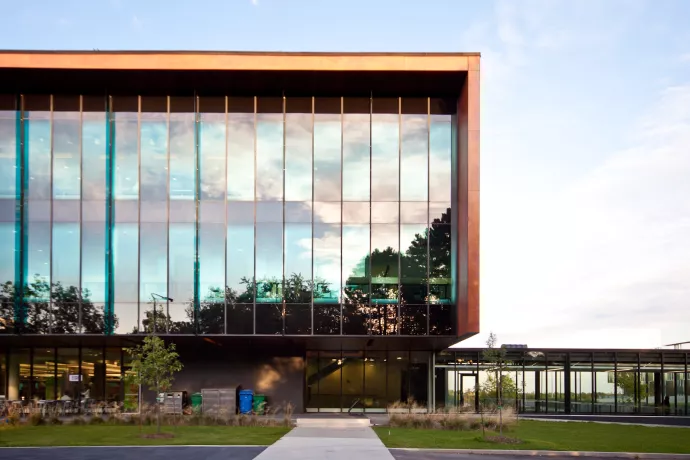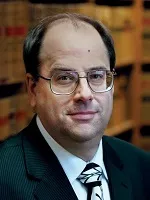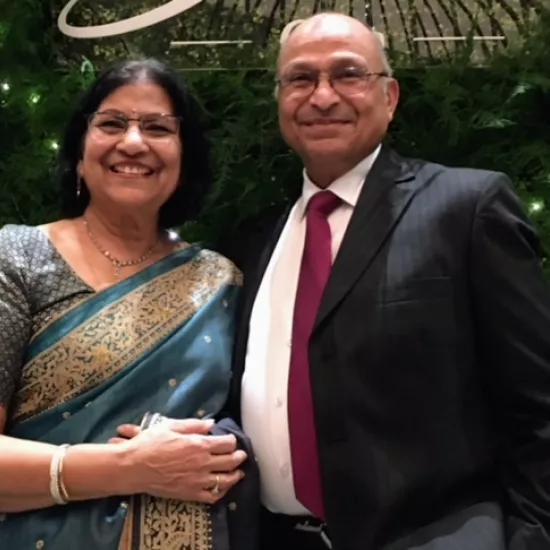MFAcc: David Debenham's Story


The way David Debenham sees it, it’s difficult to practice forensic accounting without law and hard to cross-examine an accused fraudster without forensic accounting.
The Ottawa litigator was representing corporate and commercial clients in the early 2000s when he realized that he was having to follow the money trail so often that he might as well start taking classes in accounting. One thing led to another and he soon found himself with a certified management accounting designation and a diploma in forensic accounting from the University of Toronto’s Rotman School of Management.
“My whole life has been serendipity,” he says. “I seize the day and it takes me on a path.”
In 2006, he remembers, that path involved stacks of financial records and a calculator. As the field of forensic accounting rapidly evolved with the advent of big data analytics, Debenham figured it was time to return to school.
“We were going 200 miles an hour on every file,” he says. “I wanted to make sure I wasn’t making fundamental mistakes. I needed to be up to speed on the tools I was using so I wasn’t misapplying them and creating an injustice instead of doing justice.”
He enrolled in the Master of Science program in forensic accounting at Carlow University in Pittsburgh, Pennsylvania, where he learned the nuts and bolts of computer programming and “the American-style approach to fraud, which is more enforcement than prevention.”
But he couldn’t stop thinking about his earlier studies at U of T. “When I entered the diploma in forensic accounting program they told us they were working on an advanced degree. A bunch of us put the pedal to the metal and helped make it happen.”
As a lawyer, accountant and president of the Association of Forensic Investigators of Canada, “David was instrumental in the development of the Master of Forensic Accounting program at the University of Toronto Mississauga,” remembers Len Brooks, the program’s founder and current director.
When the program launched in September 2017, Debenham decided to walk-the-talk. He became a member of the first MFAcc graduating class in 2018.
Four years later, he’s stepping up again, this time to help create the MFAcc Fellowship Program to attract and support future generations of forensic accountants. In addition to making a personal gift, Debenham is rallying his peers to invest.
“I had to beg, borrow and earn scholarships to make my way through school,” he says. “We all know how tough it is. Even though we made it, there were five others who didn’t and not because they didn’t have the ability. They just needed a helping hand.”



